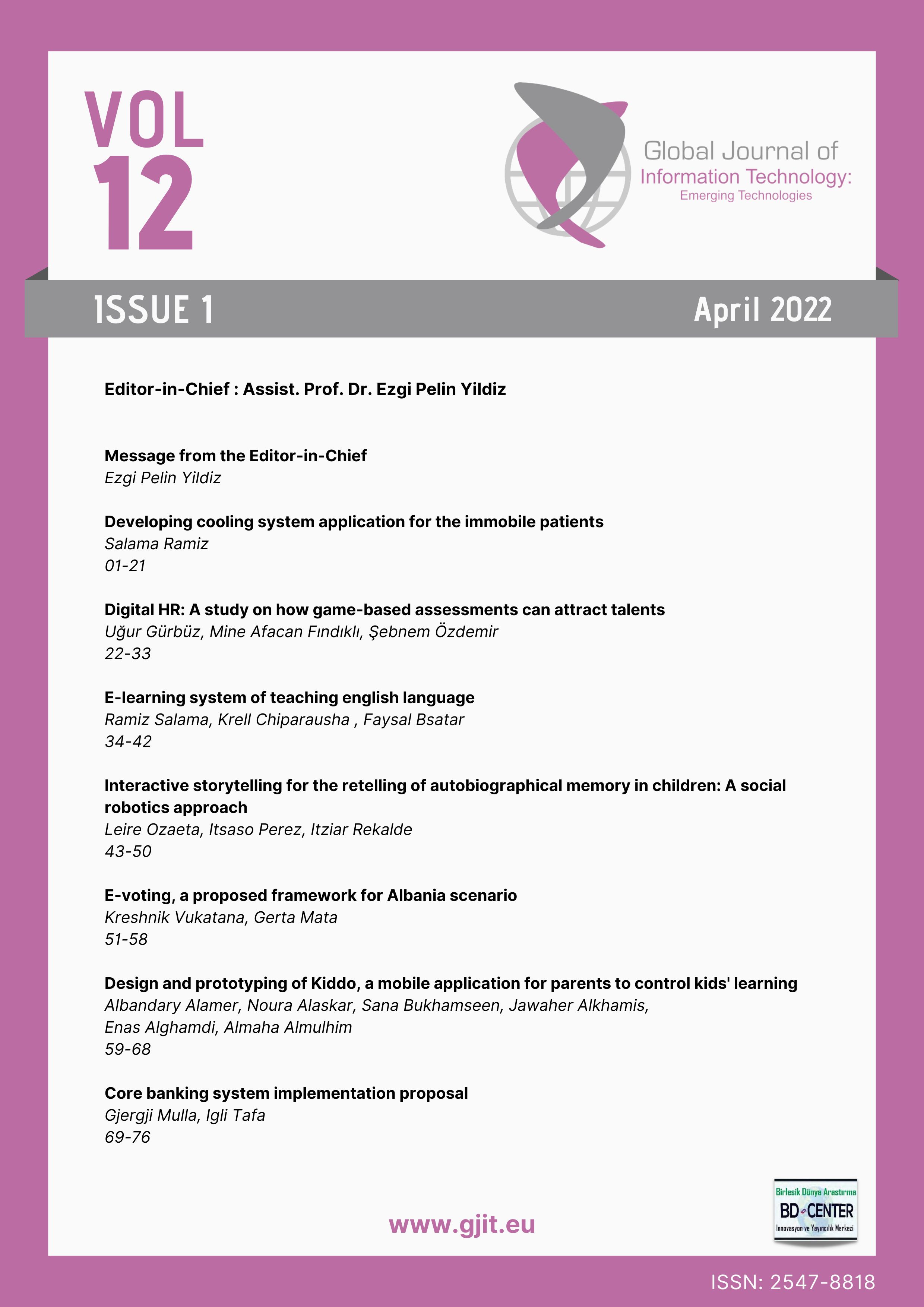Core banking system implementation proposal
Main Article Content
Abstract
The purpose of this article is to provide an analysis and a methodology for the implementation of a new CCBS (Centralized Core Banking System) for a Retail Bank. This article has been written based on the highest evaluation standard set by institutions like World Bank for such systems implementation. The scope of work, that will be defined in this article identifies all components and work required for the proposed implementation under this article. The proposed CCBS solution will be implemented based on a phased approach implementation methodology. The implementation team will undertake a confirmatory analysis of functionality during the Inception Reporting period and also illustrate how data will be migrated from the legacy systems into the new CCBS. Banking IT personnel will receive advanced administration training to become experts on subjects matter for using and administrating this product so they can act as the first line of support to the bank.
Keywords: Core Banking; Digital payments; Training.
Downloads
Article Details

This work is licensed under a Creative Commons Attribution 4.0 International License.
Authors who publish with this journal agree to the following terms:- Authors retain copyright and grant the journal right of first publication with the work simultaneously licensed under a Creative Commons Attribution License that allows others to share the work with an acknowledgement of the work's authorship and initial publication in this journal.
- Authors are able to enter into separate, additional contractual arrangements for the non-exclusive distribution of the journal's published version of the work (e.g., post it to an institutional repository or publish it in a book), with an acknowledgement of its initial publication in this journal.
- Authors are permitted and encouraged to post their work online (e.g., in institutional repositories or on their website) prior to and during the submission process, as it can lead to productive exchanges, as well as earlier and greater citation of published work (See The Effect of Open Access).
